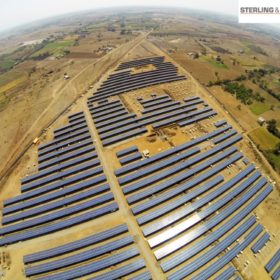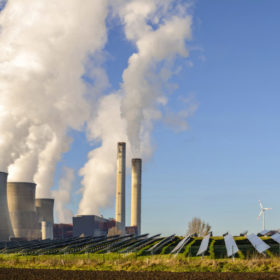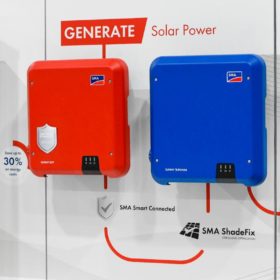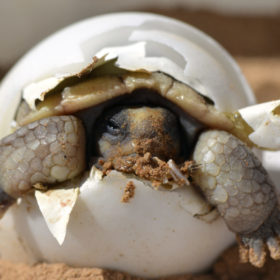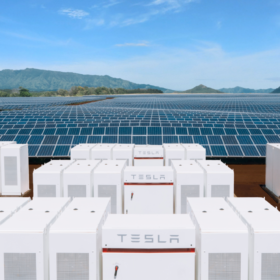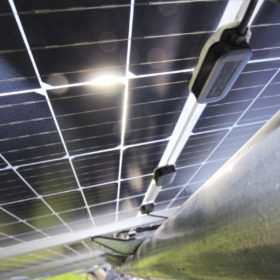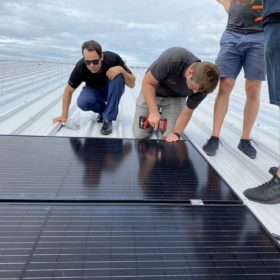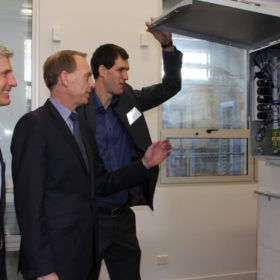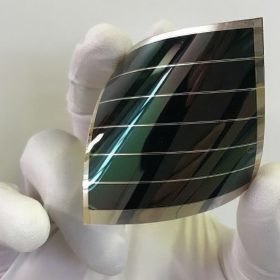Sterling and Wilson Solar bags $525 million EPC contract
In its largest order in Australia, the Indian multinational company has bagged $525 million in EPC contacts along with $85 million in operations and maintenance.
Yes, carbon emissions fell during Covid-19. But it’s the shift away from coal that really matters
Much has been made of the Covid-19 lockdown cutting global carbon emissions. Energy use has fallen over recent months as the pandemic keeps millions of people confined to their homes, and businesses closed in many countries. Projections suggest global emissions could be around 5% lower in 2020 than last year.
SMA sold 4.4 GW of inverters in the first quarter
The German manufacturer secured around 60% of the turnover expected this year in the first three months alone but still posted a net loss. Much of the company’s demand in the period was related to pre-Covid-19 activity in the U.S. and European solar markets.
Giant 690-MW Gemini solar project near Las Vegas on BLM land gets the go-ahead
Historic, archeological, and environmental issues have been mitigated. About 70 desert tortoises are being relocated during construction — and the project is full-speed ahead for developers Arevia Power and Solar Partners XI.
Despite solar woes, Tesla recorded its first profitable Q1
Tesla finished the first quarter of 2020 with a positive GAAP net income, driven by the profitability of the Model Y. However, the story was not so bright for solar, storage or corporate governance.
Nextracker the largest tracker provider in 2019
The ten largest solar tracker companies accounted for 88% of the market last year, according to analyst WoodMackenzie, with the market growing 20% from 2018.
Shift to quality leaves metal roofs primed for ‘direct attach’ solar installs
With its abundance of metal rooftops and an increasing appetite for quality components and installations, the Australian rooftop solar segment is primed for the adoption of “direct- attach” mounting systems. U.S.-based S-5! believes this is the case and is working with installers and EPCs to increase awareness of its PVKIT 2.0 – which it claims allows for faster and less complicated installations.
ClearVue’s luminescent solar concentrators create clear PV windows
The lure of building integrated photovoltaics continues to attract entrepreneurs and startups.
Testing reveals what matters in batteries
An independent testing program for battery systems has revealed what failures can occur, and the key factors that underpin reliable battery operation and supply. Canberra-based ITP Renewables is carrying out the testing program and reports on its first two phases.
An organic solar cell with 25% efficiency
The ‘best conversion performance in the world in a dark room’ is how the developers of a new organic PV device have described it. Such cells could be used as a wireless source of energy for internet of things applications or in gadgets such as temperature-humidity and motion sensors.
